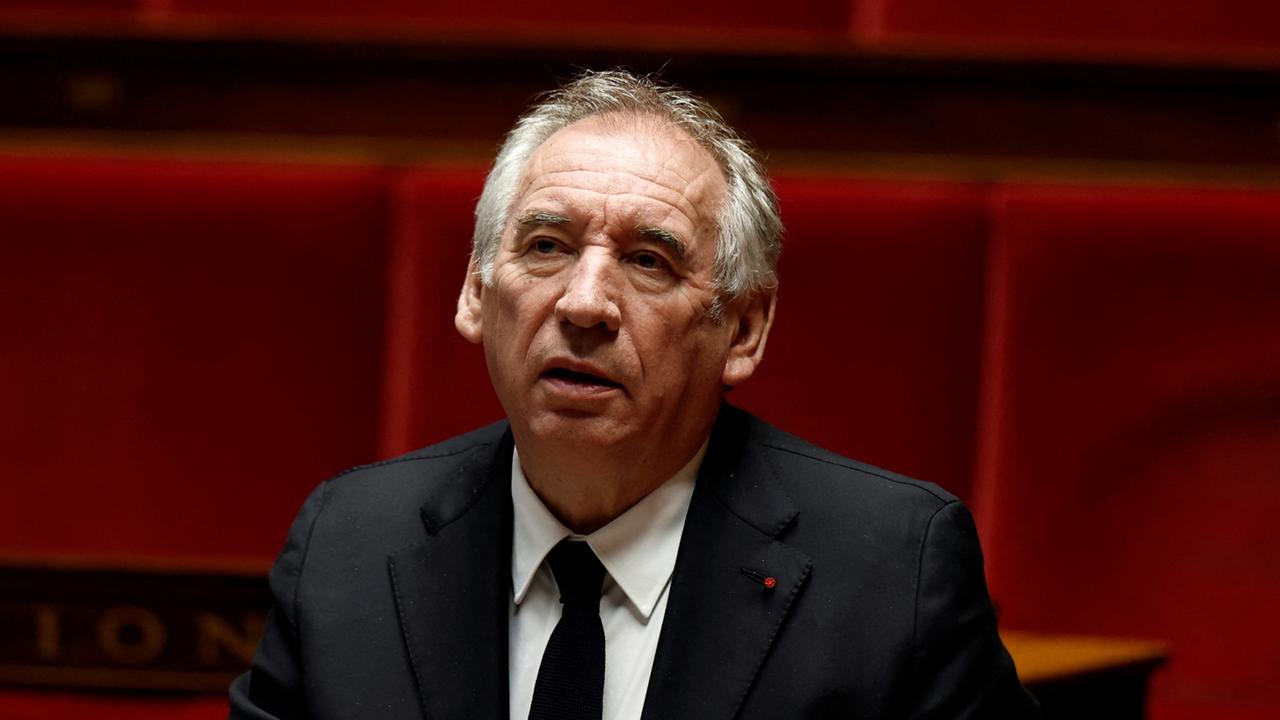As soon as France's new government took office, parts of the left wanted to overthrow it. But Prime Minister Bayrou, who does not have a majority in parliament, survived their motion of no confidence. That was also due to the socialists.
France's new Prime Minister François Bayrou has survived a no-confidence vote. Only 131 of 577 MPs supported the motion submitted by MPs from the radical left La France Insoumise, the Greens and the Communist Party. The result was expected because Marine Le Pen's far-right Rassemblement National had previously said it would not support the motion. In order to achieve the necessary majority of 288 votes, votes from this camp would have been necessary.
However, Bayrou can count it as a success that 58 of the 66 socialist MPs did not support the motion of their allied parties from the left camp. Until shortly before the vote, he had made several concessions to the left, such as foregoing the reduction of teaching positions and the originally planned additional waiting days for civil servants.
Concessions on the contentious issue of pension reform
The Socialists “remain in the opposition”, but are “open to compromises,” emphasized their party leader Olivier Faure. Bayrou's biggest concession was opening a new debate on the pension reform that is already taking effect, which he announced in his government statement on Tuesday. According to the reform passed in 2023, the retirement age will gradually increase from 62 to 64 years.
If the social partners agree on a new reform within three months – which should be both fair and affordable – it will also be passed, Bayrou had promised. If there is no agreement, the current pension reform should continue to be implemented.
Bayrou's center-right government does not have its own majority in parliament and is dependent on support from other parties for all its projects. The prime minister could now rely on the Socialists for future projects – and thus avoid being dependent on Le Pen's Rassemblement National.
The previous government under Michel Barnier fell over this plan because the left-green opposition, together with the right-wing nationalists, voted for a motion of no confidence.




